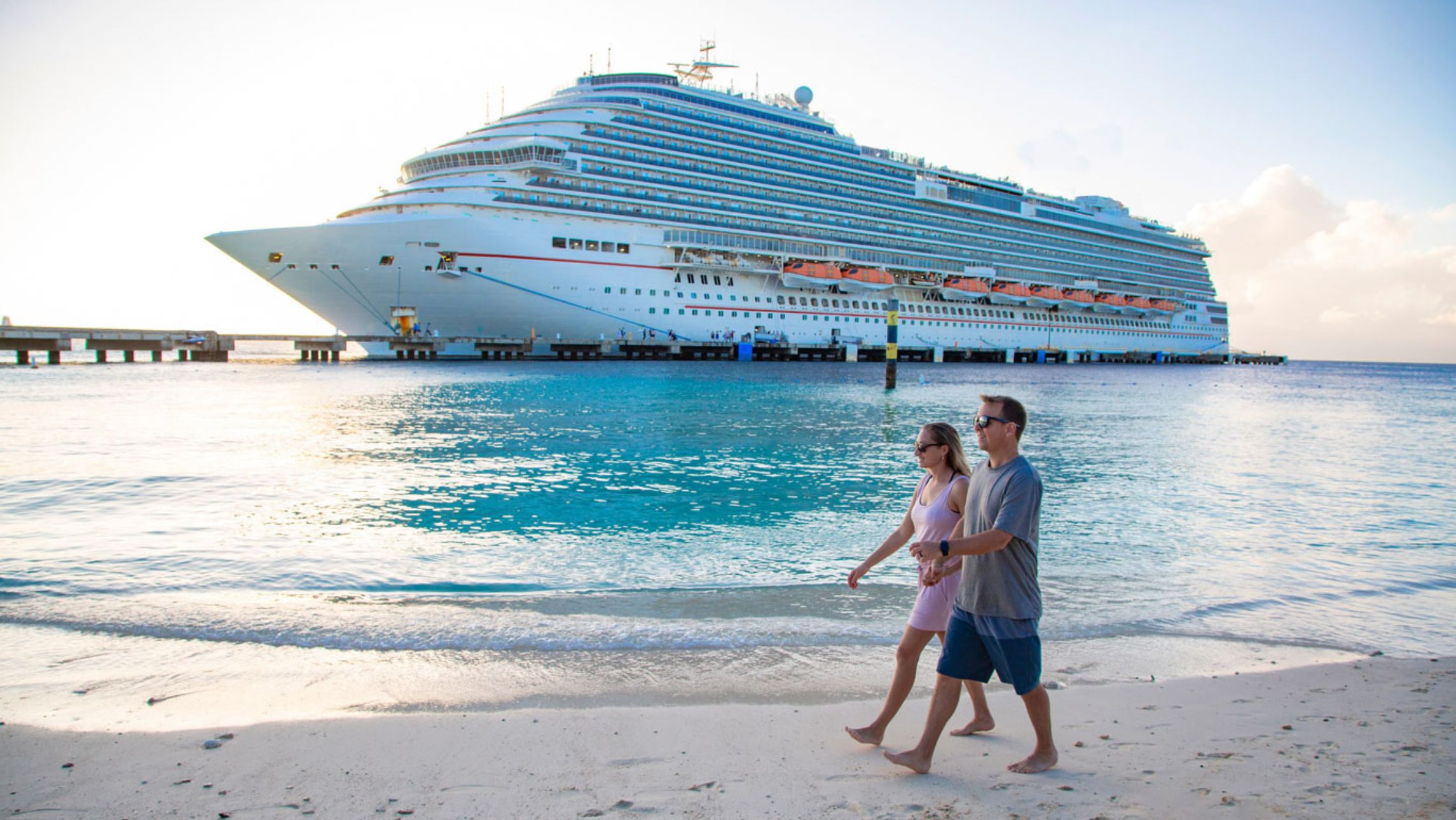The collapse of travel giant Thomas Cook and local players Bentours and Tempo Holidays all in the space of a week left thousands of travellers shocked, and some stranded.
The fallout has revealed an even bigger worry – travel insurance will not cover your claim if it involves the insolvency of a travel agent.
In fact, only some will cover the insolvency of travel providers such as airlines, tour operators or accommodation. And even if they do, the levels of cover differ widely.
InsureandGo’s Cruise Travel Insurance does insure the financial default of travel services provider. This includes any scheduled service airline, hotel, accommodation provider, motor vehicle rental or hire agency, bus line, shipping line or railway company.
With CoverMore’s Premium cover, under general exclusions are “claims arising from the failure of any travel agent, tour operator, accommodation provider, airline or other carrier, car rental agency or any other travel or tourism services provider to provide services or accommodation due to their Insolvency or the Insolvency of any person, company or organisation they deal with”.
Meanwhile, Simply Travel Insurance’s cruise travel insurance states that they will not pay claims that arise because of “the financial collapse of any travel agency, transport, tour or accommodation provider”.
So how can consumers protect themselves from events such as insolvency and get their money back?
Pay with a credit card
Currently the best way to minimise your risk is to pay your holidays with your credit card. That way, you can request for a credit card chargeback where your provider is able to reverse the transaction due to merchandise or service not received.
The chargeback is possible due to consumer protection rules associated with the use of credit cards. However, keep in mind that you will probably not be getting back the deposit that you put down for the holiday much earlier on as a chargeback must be filed within 30 and 120 days of transaction with most credit cards. Similarly, you’ll also not be able to file a chargeback on your final payment if it was processed outside of the time limit.
Book with ATAS/AFTA accredited travel agents
Another thing to look out for is whether your travel agent is ATAS/AFTA accredited or part of the AFTA chargeback scheme (ACS). The ACS allows travel agents to claim a chargeback for their clients when third party travel providers book through them collapses. This includes flights, cruises, tours, accommodations and more.
The chargeback is claimed from the member owned mutual fund which is built with the contribution of a portion of the merchant fees that consumers pay with their credit cards. Travel Agents who are not members of ACS would instead have to recover funds from the liquidator.
For Tempo Holidays and Bentours case, they had their ATAS Accreditation cancelled on August 22nd although they only announced their insolvency on September 19.
Local travel booking websites like Luxury Escapes and travel agencies like Helen Wong’s Tours are not members of the ACS. Helen Wong’s Tours terms and conditions state “Helen Wong’s Tours is not liable for any act, omission, or default on the part of the operator, its servants, agents or contractors or any authorised body”.
When booking with such agents, customers are advised to take travel insurance that cover the insolvency of third party travel service providers.
However, Luxury Escapes is a member of the International Air Transport Association (IATA) which may allow IATA to reimburse travel agents for monies submitted to the airline, depending on the national bankruptcy legislation and the specifics of the airline’s participation with IATA, under the IATA settlement service.
What are your options if you didn’t pay with a credit card?
There are two options:
The Australian Competition & Consumer Commission (ACCC) website says that some states and territories have programs in place where consumer losses in specific industries may be redressed through a compensation fund or similar arrangement. In some instances you may be able to apply for compensation where a company is insolvent.
But travel agents are no longer included in the list of ‘specific industries’ since a few years ago. Travel agents used to be licensed by Consumer Affairs and Trading agencies (e.g. Fair Trading NSW).
Spokesperson for Fair Trading NSW Katie Morgan says, “Part of the licence fee used to go towards funding the Travel Compensation Fund. When this was deregulated a few years ago, the compensation fund also ceased to exist.”
“The scheme was designed for an era when travel agents controlled access to and information about travel. It was established to protect cash prepayments to travel agents at a time when there were almost no alternative payment means.”
Fair Trading’s advice to consumers would be to contact the liquidator/administrator with a view to be listed as an unsecured creditor and to seek independent legal advice or contact LawAccess NSW.
You may become an ‘unsecured creditor’ if you have:
- paid in full for goods or services to be collected or delivered later
- paid a deposit, such as in a lay-by agreement or interest-free offer
- bought a gift card or voucher and have not used it
- returned a product and been issued a credit note.
The Corporations Act 2001 sets the order in which a trader’s creditors are paid. Unsecured creditors are last in line, after secured creditors (such as banks), the costs of the administration, and employee entitlements.
The Consumer Affairs Victoria website also notes that often there are little or no funds remaining for unsecured creditors.
To find out who the administrator or liquidator is, contact the Australian Securities and Investment Commission (ASIC). You can also find out through newspapers or on the company’s website.









Travel insurance with your credit card only covers expenses you pay with your credit card. My travelling companion died at Hong Kong Airport on thr first leg of a trip. He had taken out the “free” travel insurance with American Express. They have refused to pay for anything including the repatriation of his body. I suppose you get what you pay for. Pay nothing ,get nothing.
I was stranded by the recent Ben tours/TEMPO collapse. My trip was to Norway, leaving next week.
Thankfully Hurtingruten offered a compassionate fare that has enabled me to travel, even though it’s cost me more money.
I have just spent frustrating afternoon trying to find out if Princess Cruises is a Registered Travel Agent as we always book direct. No one can tell me – rang/chat/email. The reason is checked my travel insurance documents and it states that insolvency is not covered if not booked through registered travel agency – please check your policy as this is quite normal – I would think its an easy question to answer –